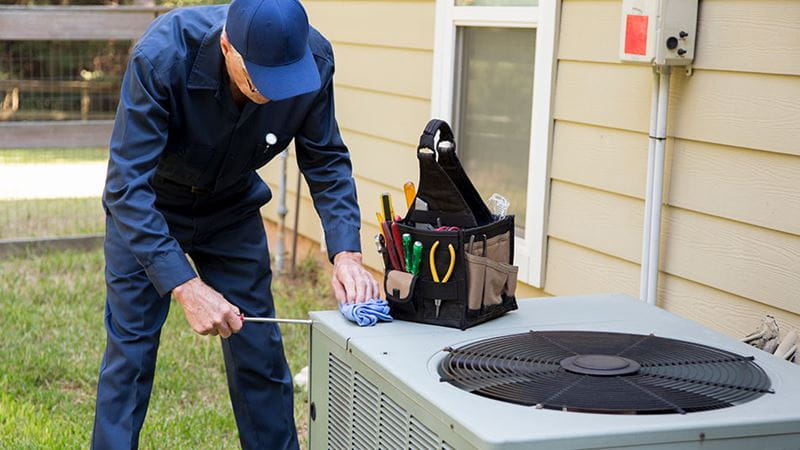In the midst of pandemic stay-at-home orders, we’re all looking for distractions. You may already have reorganized your closets, plotted new paint colors and rearranged your furniture.
If you’re still feeling a bit stir crazy in your house, now may be a good time to consider a more significant project.
If your employment is stable, is now a good time to buy a new house, or take advantage of favorable rates by refinancing your mortgage?
Spring would normally signal the beginning of home-buying season, but these are not normal times.
“Interest rates are fluctuating like crazy right now,” Tanya Ball, regional manager at BOK Financial Mortgage, said. “This is new territory for all of us with the overall fear in the global economy, but in general, mortgage rates are amongst the lowest we’ve seen in many years.”
There is often confusion around mortgage rates. When the Federal Reserve Bank lowered its target for the federal funds rate to near zero in March, people incorrectly assumed that meant mortgage rates went there too, Ball said.
There’s not a direct correlation, she said. The fed fund rate is the short-term interest rate at which banks lend to other banks — overnight. Mortgage rates are based on much longer 15- to 30-year terms.
While the two types of interest rates may fluctuate at the same time, they do not always mirror one another.
The current market volatility is creating giant swings in mortgage rates, but Ball expects them to settle down.
“Once we see some stabilization, if people are feeling secure in their employment, this would be a good opportunity for home owners to think about debt management in a holistic way,” Ball said. “Being able to borrow money at these low interest rates and using the equity to eliminate other high-interest debt can be really impactful on someone’s financial situation.”
Taking advantage of low rates and refinancing your home may be your best bet in the current environment.
Homeowners should consider all of the variables when refinancing a home, said Ryan Bennett, regional manager at BOK Financial Mortgage. “Mortgage lenders should help you navigate the refinancing process to avoid adding a significant amount of time and up-front expense to your home loan.”
He encourages homeowners to explore their options, including taking a slightly higher interest rate to avoid paying or adding closing costs to their loan. Another tip is to get an application started to seek pre-approval. Then, as rates move into your target zone, you can simply lock in the rate and enjoy the benefits.
What about buying a new home?
Would-be home shoppers may have planned on 2020 as the year they take the plunge into home ownership, and they may be feeling defeated with the obstacles presented by the pandemic.
Depending on your appetite for risk, this time of uncertainty may be more advantageous to first-time home buyers who don’t have a need to sell a property in order to buy.
“As rents continue to rise, now may be a good time for a first-time buyer working in an industry that’s not seriously impacted by the pandemic to look into investing in a home,” said Ball. “People have a pretty significant amount of borrowing power in this environment, allowing you to purchase a home and keep payments around the same amount as your rent.”
The real estate and mortgage industries are feeling the impact of stay-at-home orders and social distancing directives, but many are getting creative to ensure buyers can see the homes sellers are offering.
From online home tours to virtual inspections and appraisals, the industry is innovating on the fly.
“Even the national agencies are now allowing exterior-only appraisals and the appraiser can work with the seller to gather pictures of the interior to establish the current value of the home, without actually entering the house,” Bennett said.
Every part of the industry is working to provide alternative ways of doing business during this unprecedented time. Verifying employment within 10 days is necessary to process home loans, but many human resources departments are slower to respond while working from home. Buyers may be able to provide a paystub or even a bank statement to show their income within the last two weeks of closing.
Bennett expects to see pent-up demand a few months down the line as the economy picks back up, but people's willingness to take the plunge and buy a new home or refinance will be based on risk tolerance.
“People may shy away from attempting to purchase a new home due to the current obstacles related to house shopping,” he said. “But after all this time in close quarters with their family, they may be motivated to refinance to access some additional funds for major home-improvement projects, to expand their current home or remodel.”




